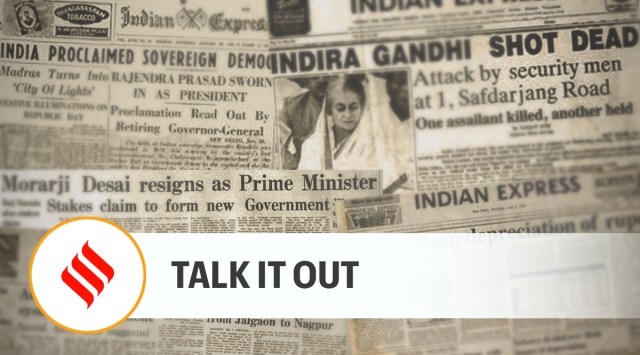
Tthe Maldivian Democratic Party, the ruling party in the Indian Ocean atoll nation, wants to outlaw protests against the government’s foreign policy on grounds that these endanger national security. It has drafted a bill prescribing fines and jail sentences as penalties against violators. The bill is clearly aimed at protests ongoing for about two years against the MDP government’s perceived proximity to India. The “India Out movement” believes that India has a large military footprint on Maldivian soil. This belief became further entrenched after the two countries signed an agreement in February 2021 for the development of a coast guard base for the Maldivian National Defence Force in the Uthuru Thilafalhu atoll. The campaign gathered steam following the release from house arrest of former president Abdulla Yameen in December, after a court overturned his conviction in an embezzlement case. During his presidency, Yameen brought in a pronounced pro-China tilt to his government’s foreign policy, much to Delhi’s dismay. When Ibrahim Mohamed Solih was elected in 2017, the new government declared an “India First” policy. India is now building a $500 million infrastructure project, the Greater Male Connectivity Project, billed as the biggest ever in the Maldives. A draft of the bill that targets protests that “negatively affect relations with foreign countries” may be submitted when the Majlis, the country’s parliament, meets today. This is an ill advised move.
The better option for the MDP would be to engage more with the protestors and address their concerns, by being transparent about Indian projects in the country. The fact that it is the party, and not the government, that has been spearheading the need for such legislation, indicates that not all in the MDP are on the same page. It would be in the nation’s and MDP’s own political interests to drop the idea entirely.
This editorial first appeared in the print edition on February 3, 2022 under the title ‘Talk it out’.